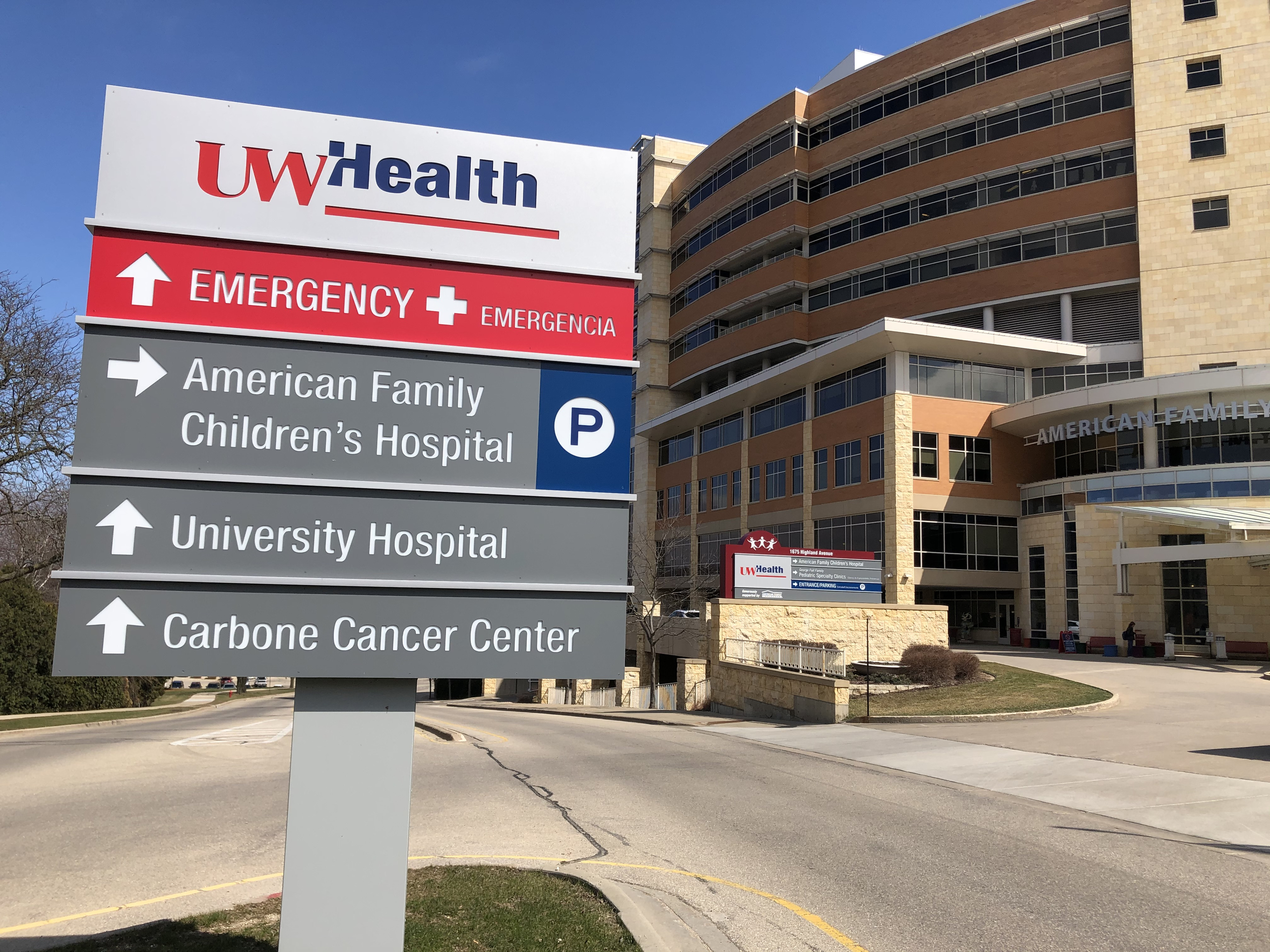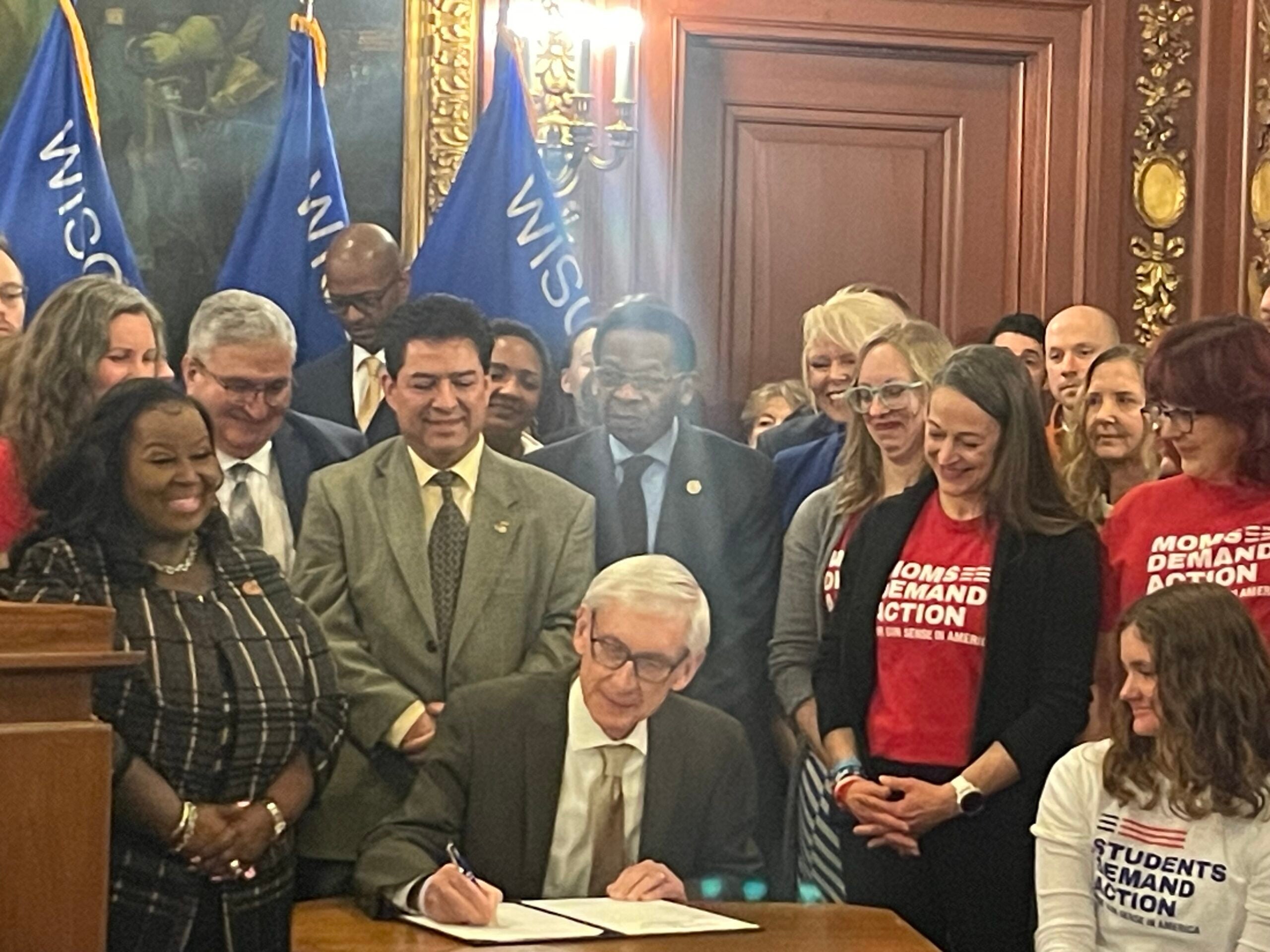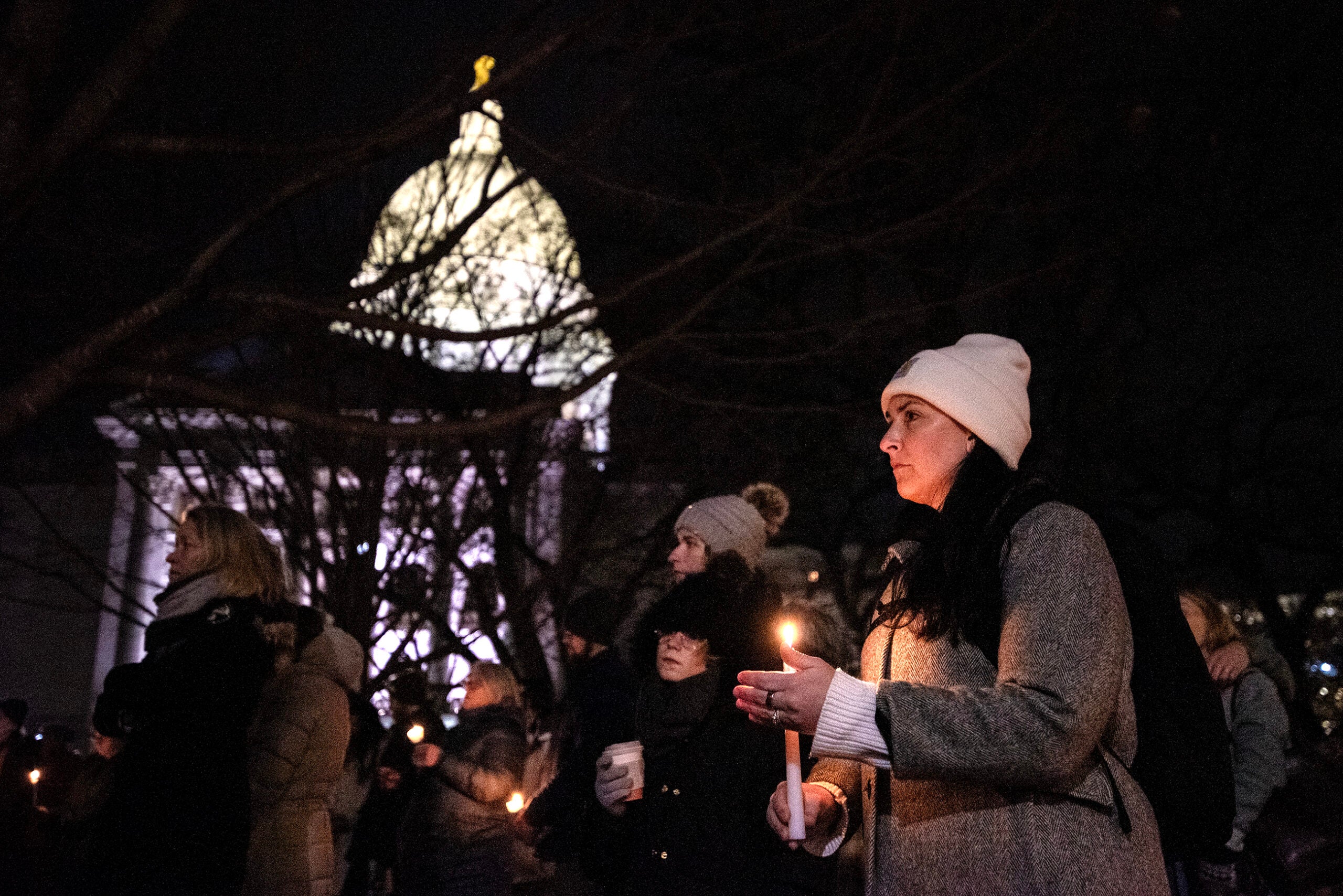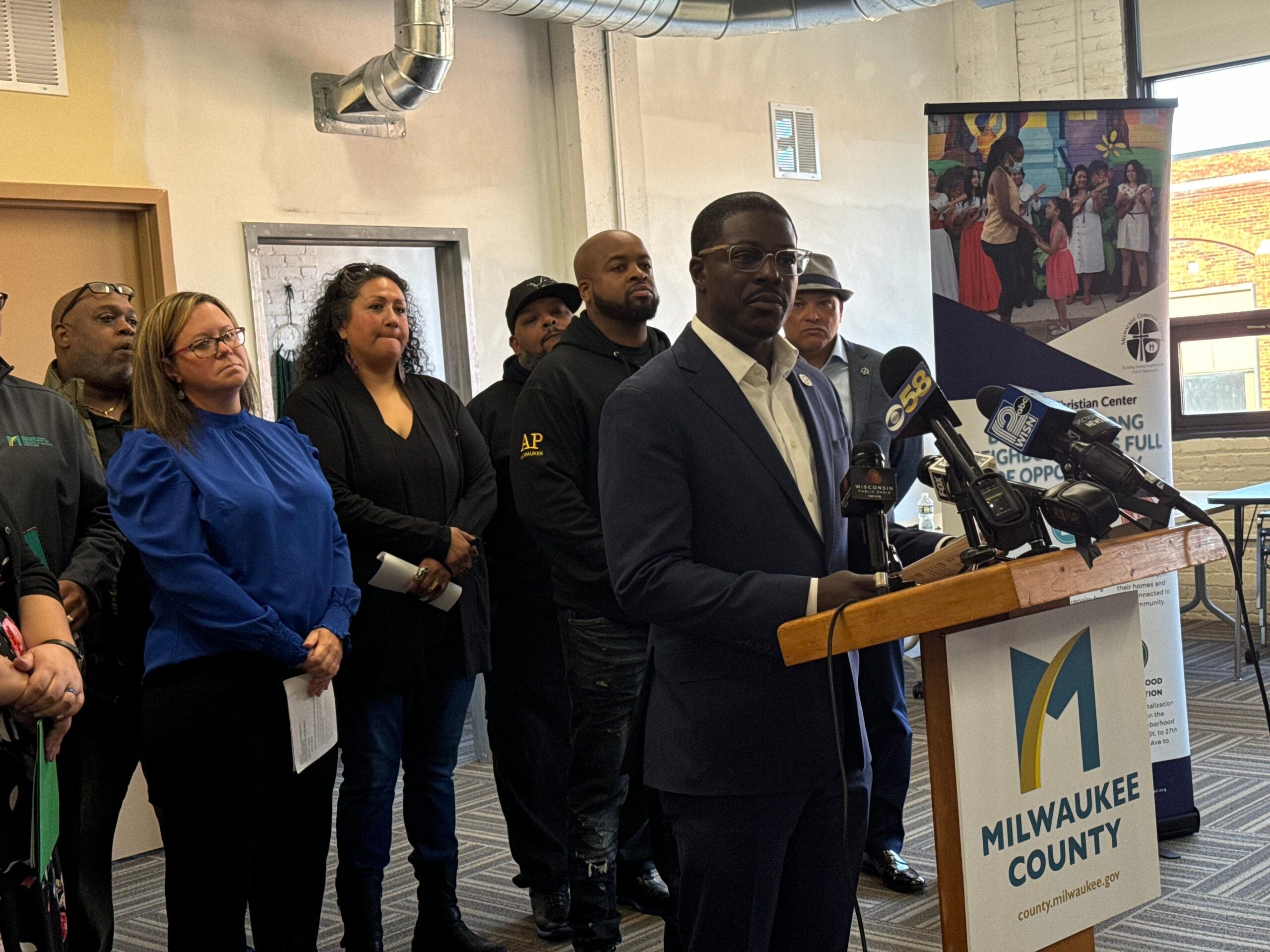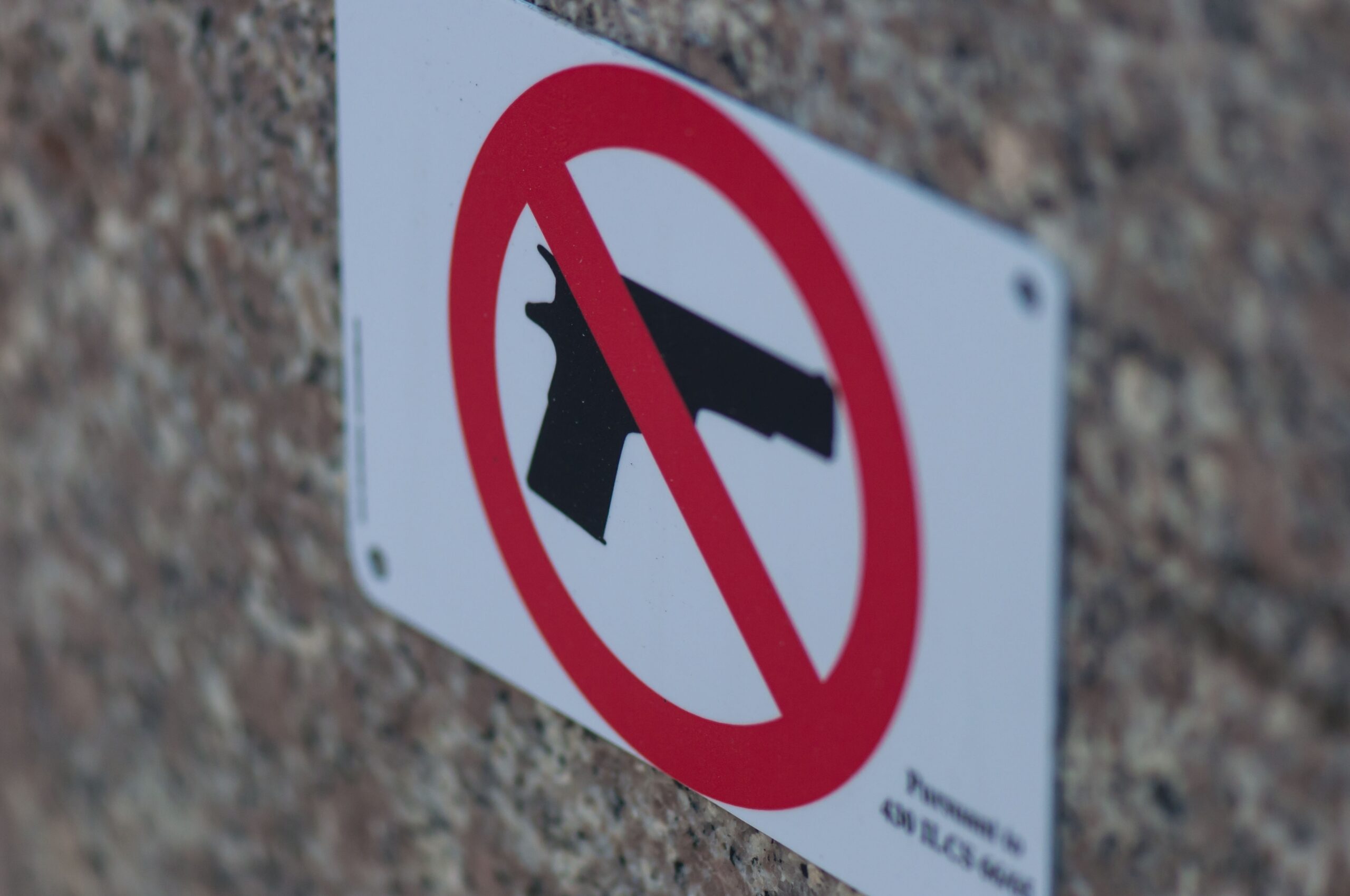In the last year, the UW Health Trauma Center in Madison has seen firearm injuries skyrocket, by as much as 80 percent.
The hospital is now working with public health agencies and community groups to reduce gun violence, which has been exacerbated by the pandemic.
In March, Dane County released a report on ways to curb firearm violence by taking a comprehensive, public health approach. Like a virus, violence can spread, and organizations in the Madison area are trying to stop a cycle of gun violence they say can have long-lasting effects not only for the victim and their family but the community at large.
News with a little more humanity
WPR’s “Wisconsin Today” newsletter keeps you connected to the state you love without feeling overwhelmed. No paywall. No agenda. No corporate filter.
“Even if patients survive, it’s not the movies where you just get ‘winged’ and someone puts a bandage on your arm in the ambulance, and then you get to go home,” said Dr. Ann O’Rourke, medical director of the Adult Trauma Center at UW Health, who noted many patients have a lifetime of problems resulting from being shot.
“And it’s not just that person. It’s their entire family, their community that is affected. Not just physically but emotionally and psychologically,” O’Rourke continued.
In 2019, UW Health’s Trauma Center treated 23 people for firearm injuries. Last year, there were 42 patients with gunshot wounds. And UW Health says they could match or exceed that number in 2021.
Health professionals like O’Rourke are partnering with community groups to prevent gun violence and reduce its effects. One such group is Focused Interruption which responds to the scene of violent incidents.
“We work on both sides not just with the victim but also the perpetrator because when incidents of violence happen, it affects everyone,” explained Focused Interruption founder Anthony Cooper.
His organization also helps families at the hospital after someone is transported for a gunshot wound, fostering communication with doctors and nursing staff.
“So, when they have additional questions or feel they’re not being heard, we help in that process,” said Cooper.
According to Public Health Madison and Dane County, violence both in the community and in people’s homes has risen significantly because of a struggling economy and pandemic isolation. The agency said these and other factors have put people on edge and prompted a crisis that “warrants a public health response.”
Wisconsin Public Radio, © Copyright 2025, Board of Regents of the University of Wisconsin System and Wisconsin Educational Communications Board.

